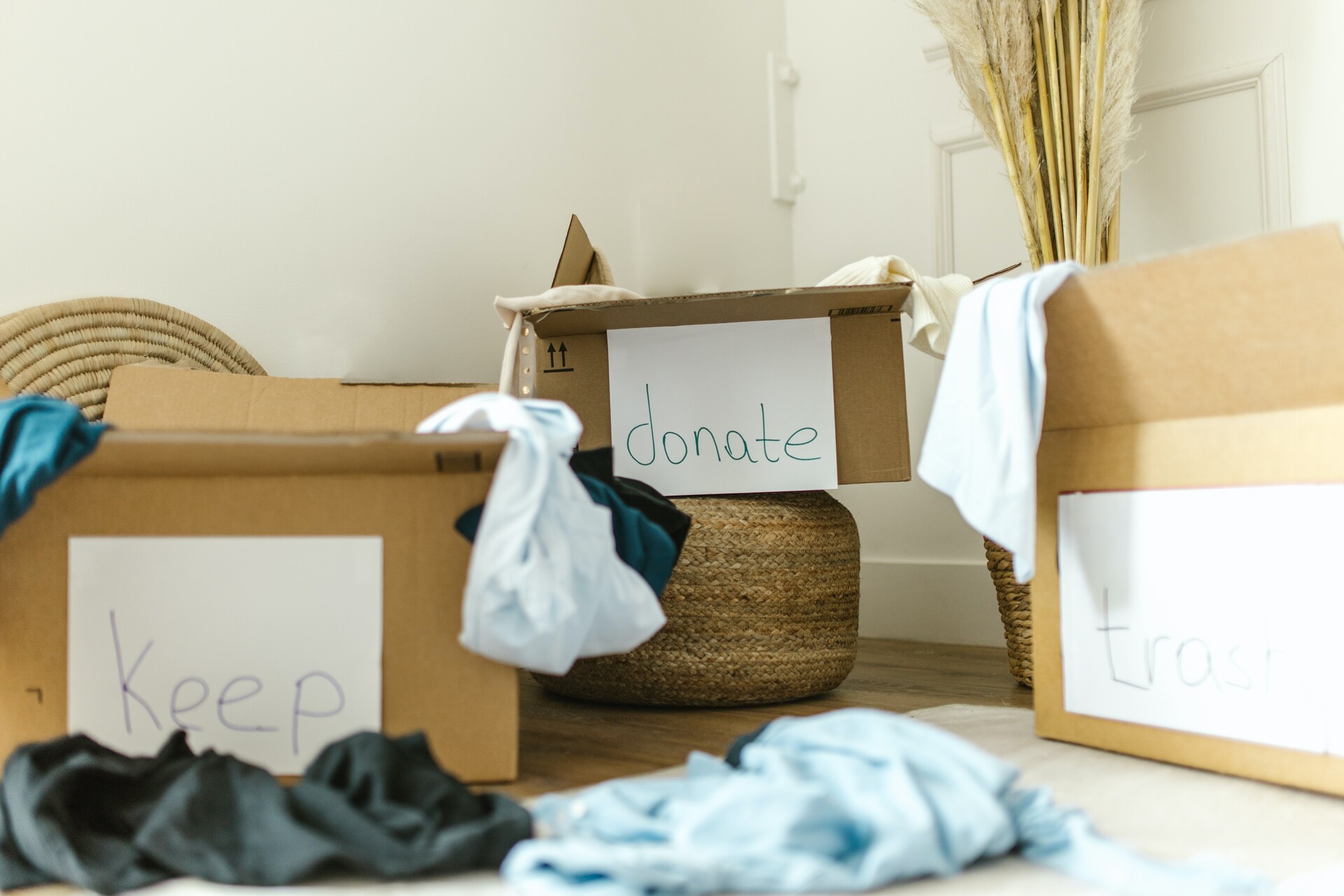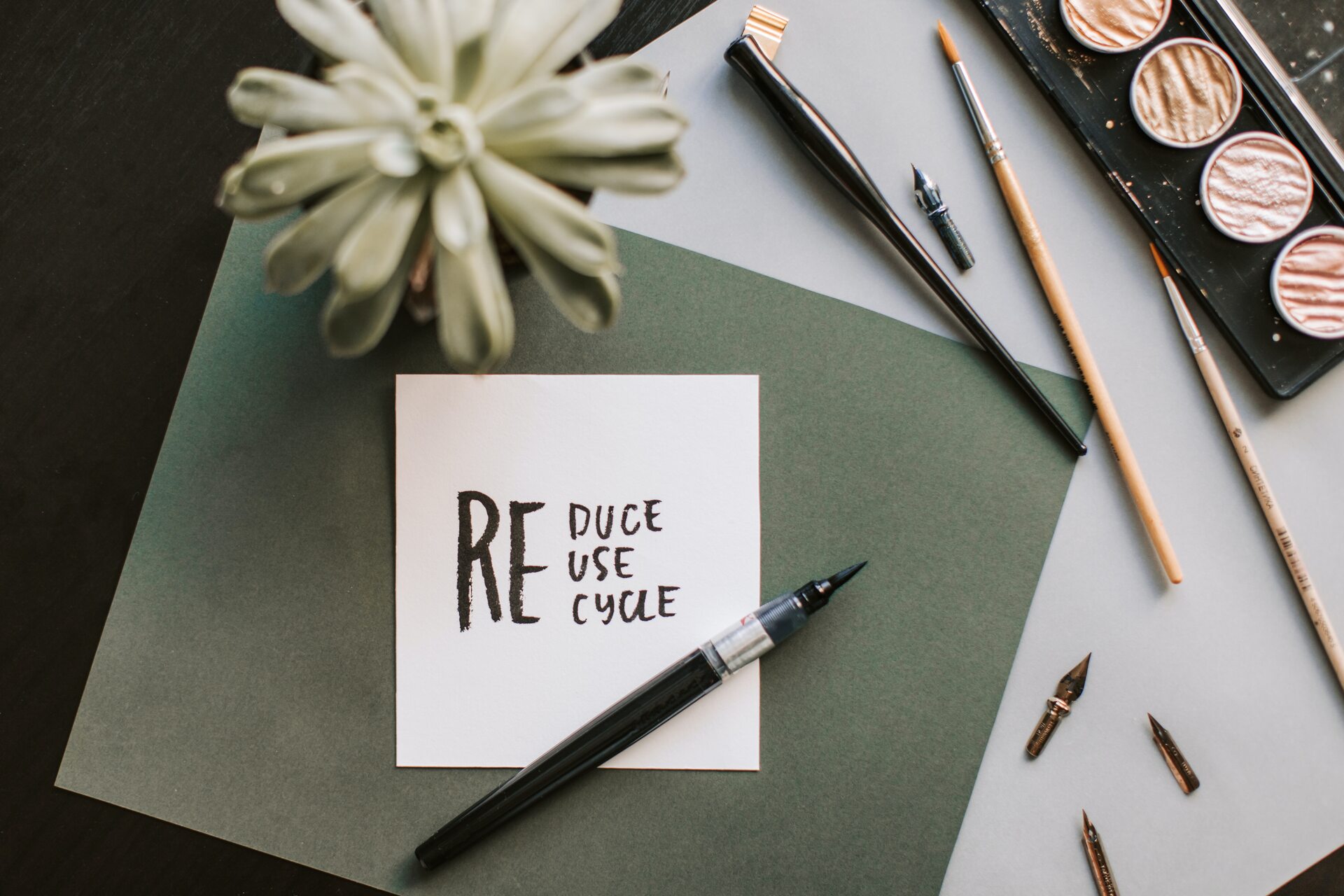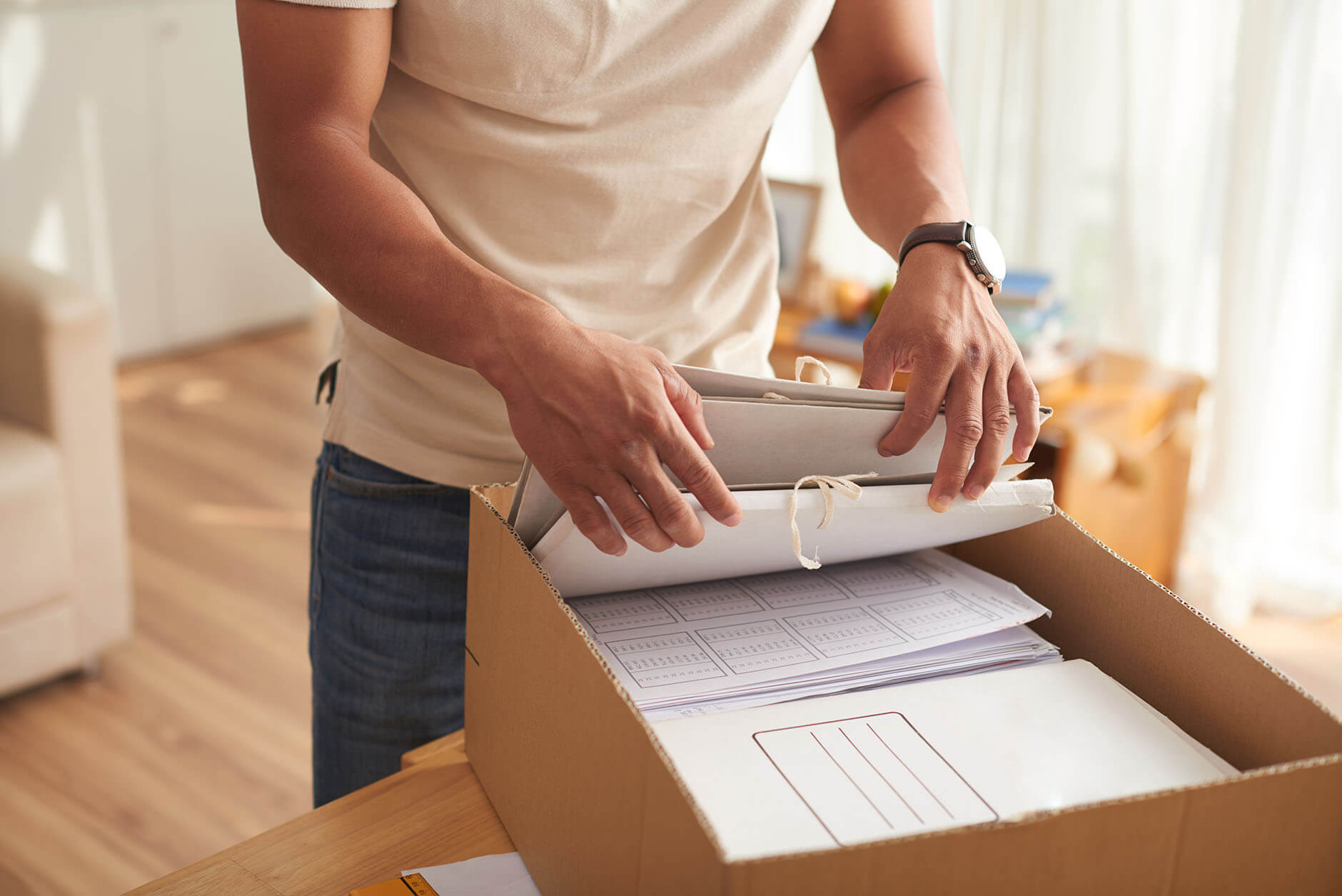

Relocation can be an exciting adventure filled with new beginnings and fresh opportunities. However, amidst the whirlwind of preparations, it’s vital to make informed decisions about what not to pack when moving and what items should stay behind.
From hazardous materials and perishable goods to sentimental or valuable items, there are many items you should exclude from your packing list. By understanding what not to pack and why, you’ll streamline your moving process, ensure the safety of your belongings, and pave the way for a smooth transition to your new abode.
The Importance of Knowing What Not to Pack When Moving
Knowing what not to pack when moving is of utmost importance to ensure a smooth and stress-free transition to your new abode. It’s like having a guiding light that illuminates the path to an effortless and well-organized move.
By understanding what items should be left behind, you can save yourself from the burden of unnecessary clutter and the hassle of dealing with prohibited or restricted materials during transportation. This knowledge allows you to prioritize the safety of your belongings, ensuring that fragile or valuable items receive the utmost care they deserve.
Decluttering: Things to Throw Away When Moving
When preparing for a move, decluttering is a crucial step to ensure a smoother and more organized transition and one without unnecessary relocation stress. And more importantly, international moving services are far more affordable when you have fewer belongings to transport, not to mention that the relocation day preparations will go more smoothly. Here are some things to consider throwing away to make your move easier:
- Expired items – check your pantry, medicine cabinet, and cleaning supplies for expired products. Dispose of any expired food, medications, or household chemicals safely.
- Broken or damaged items – if you’re wondering what to get rid of when moving, get rid of items that are beyond repair or have been collecting dust due to damage. Keeping damaged goods only takes up space and adds unnecessary clutter to your new home.
- Outdated electronics – discard old electronics such as TVs or computers that are no longer functional or outdated. Consider recycling options to dispose of them responsibly.
- Worn-out clothing – sort through your wardrobe, and don’t pack clothes that are worn out, stained, or no longer fit your style. Consider donating wearable items or repurposing them as rags.
- Unwanted or duplicate items – take the opportunity to part ways with items you no longer need, including duplicates or things that don’t serve a purpose in your new home. This can include kitchen gadgets, decor, or furniture.
- Old paperwork – dispose of unnecessary paperwork and documents that are outdated or no longer relevant. Shred any sensitive documents to protect your personal information.
- Unused or broken furniture – If you have furniture that is unused or broken, consider whether it’s worth repairing or if it’s time to let go. Donating or selling functional furniture is a great way to reduce waste.
Remember to responsibly dispose of any items that cannot be donated or recycled by following local waste management guidelines. Decluttering not only lightens your load during the move but also helps create a fresh start in your new home.
How to Evaluate and Categorize Your Belongings
Start by assessing each item and asking yourself relevant questions: Do I use this regularly? Does it hold sentimental value? Can I easily replace it? Categorize your belongings into three main groups: essentials, sentimental items, and non-essential items.
Essentials are the items you need for daily living, such as clothing, toiletries, and basic furniture. Sentimental items include those with emotional significance, such as family heirlooms or personal mementos. Non-essential items are things that you can live without or easily replace, such as excess decor or duplicate kitchen utensils.
Sustainable Disposal Alternatives
When it comes to disposing of items during a move, it’s important to consider sustainable alternatives to reduce waste and minimize the environmental impact. Here are some sustainable disposal options to consider:
- Many materials, such as paper, cardboard, glass, plastic, and metal, can be recycled. Research local recycling centers or collection programs in your area to properly dispose of these items. Some communities also offer recycling services for electronics or hazardous materials.
- Instead of throwing away organic waste like food scraps or yard trimmings, consider composting. Composting not only diverts waste from landfills but also produces nutrient-rich soil for gardening or landscaping purposes.
- Join online platforms or local community groups where people give away items they no longer need. This promotes reuse and helps reduce the overall demand for new products.
- Get creative and find new uses for items that may have lost their original purpose. Repurpose old furniture, turn glass jars into storage containers, or transform clothing into new items. This helps minimize waste and encourages creativity.
By opting for these sustainable disposal alternatives, you can minimize the amount of waste generated during your move and contribute to a more environmentally friendly approach to handling unwanted items.

Items to Sell, Donate, or Give Away When Moving
Moving abroad provides an excellent opportunity to reassess our belongings and make conscious decisions about what to do with items we no longer need. Instead of lugging around unnecessary possessions, consider selling, donating, or giving them away. This process not only lightens the load but also allows us to declutter and contribute to a more organized and intentional living space. Identifying items of value that are no longer serving a purpose in our lives is the first step.
Valuable but Unnecessary Items
It’s not uncommon to have valuable items that have served their purpose or no longer align with our current lifestyle. However, these items can still hold significant monetary value. To make the most of them, consider exploring platforms for selling or auctioning these items. Online marketplaces, such as eBay or Craigslist, provide a convenient way to reach a wide audience and potentially fetch a fair price. Adding to the budget can help you overcome any unforeseen future obstacles and balance your finances with ease.
Gently Used and Functional Items
When going through our belongings during a move, it’s important to identify gently used and functional items that can be donated to those in need. Recognizing items that still have life left in them allows us to give back to our communities and reduce waste. Consider clothing, furniture, kitchenware, or electronics that are in good condition and can benefit someone else.
Handing Down Sentimental and Heirloom Pieces
There are items that hold sentimental value and often carry rich stories and memories. Preserving family heirlooms by passing them on ensures that their significance endures beyond our own lifetimes.

How to Handle Fragile and Hazardous Items
When it comes to handling fragile and hazardous items when moving internationally, it is essential to understand the associated risks and take necessary precautions. By being careful, you can ensure the safety of your belongings and have a smooth and secure experience.
Handling Flammable Items
Before moving overseas, identify and separate any flammable materials such as fuels, propane tanks, or aerosol cans, and follow specific guidelines for their safe disposal. Research local regulations and consult with professionals if needed to ensure you’ve done it correctly.
Disposal Methods for Hazardous Substances
Items like batteries, cleaning agents, or chemicals need to be disposed of responsibly. Contact your local waste management facility or recycling center to inquire about the appropriate procedures for disposing of these items. For more information, you should check your state’s Department of Ecology.
Preventing Leaks and Spills
To prevent leaks and spills during relocation, it is crucial to properly secure containers holding liquids such as toiletries or perfumes. Ensure that all containers are tightly sealed and stored in leak-proof packaging. Use appropriate padding or absorbent material to provide extra protection.
Transporting Perishable Goods or Plants
When it comes to perishable goods or your house plants, you should explore alternatives because movers can’t move them. Our advice is to either use specialized containers, such as those designed for liquids, and carry perishables with you or leave them behind. The same advice goes for plants – place them in your car if you’re not planning to live overseas or give them away before you leave.
The following video shows a simple solution to stop your liquids from spilling in transport.
What to Do With Valuables and Irreplaceable Items
When it comes to safeguarding valuables and irreplaceable items during a move, one of the most effective strategies is to carry them with you personally. This ensures maximum control and minimizes the risk of loss, damage, or theft.
Keep small and valuable items, such as jewelry, important documents, or sentimental objects, in a secure bag or pouch that remains in your possession at all times. For larger or delicate items like artwork or heirlooms, consider using specialized packaging materials such as bubble wrap, foam, or custom-made crates to provide adequate protection.
Essential Documents and Necessities: What to Keep with You When Moving
When embarking on a move, it is crucial to identify and safeguard essential documents and necessities that should be kept with you throughout the journey. Here is what you shouldn’t forget to prepare before you relocate:
- Identifying critical documents to keep close at hand ensures that important paperwork such as passports, visas, birth certificates, and marriage certificates are readily accessible when needed. These documents are needed for establishing your identity and legal status in your new location.
- Packing a separate essentials box for immediate use is highly recommended. This box should contain daily essentials like toiletries, a change of clothes, medications, important contact numbers, and any other items necessary for the first few days in your new home. Having these essentials readily available can help ease the transition and provide comfort during the initial settling-in period.
- Ensuring that the important paperwork is moved safely and accessible when required is crucial. Keep these documents in a secure and waterproof container or folder that can be easily carried with you during the move. Consider making digital copies and storing them on a password-protected device or cloud storage for added peace of mind.
Taking these precautions will help protect your vital paperwork from loss, damage, or theft, allowing for a smooth transition to your new location.

Ask International Movers for Advice on What Not to Pack When Moving Abroad
When preparing a move abroad checklist of things you need to do, seeking advice from international movers can be invaluable. These experts can provide crucial guidance on what items should not be packed for the journey. Valuable or fragile items, such as delicate china, antique furniture, or expensive electronics, may be better off entrusted to specialized shipping services or taken as personal baggage.
Additionally, certain hazardous materials, including flammable substances or chemicals, are often restricted or prohibited during international relocations due to safety regulations and mover won’t move them. So before you buckle up and move across the world, ensure you double-check everything. If you contact Shepherd International Movers, our international moving company can answer all your questions today.
FAQ
What are some items that should not be packed when moving?
Some items that should not be packed when relocating include hazardous materials, perishable food items, flammable items, explosives, and plants.
Are there any specific types of materials that should be avoided when packing for a move?
Specific types of materials that should be avoided when packing for a move include old or worn-out boxes, torn or damaged packing materials, and cheap tape.
Why is it important to know what not to pack when moving?
Knowing what not to pack when relocating is important because it can prevent damage to your belongings, ensure the safety of those involved in the move, and avoid legal or regulatory issues.
Are there any legal or safety restrictions on certain items that should not be packed?
Yes, there are legal and safety restrictions on certain items that should not be packed, such as firearms, ammunition, chemicals, and certain electronics.
How can I determine if an item should be thrown away or donated instead of packed for the move?
When determining which things to throw away when moving or which item to donate, consider their condition, usefulness, and sentimental value.
Are there any exceptions or special considerations for fragile or valuable items?
Fragile or valuable items may require special packaging, labeling, or transport. It’s important to inform your movers about these items and plan accordingly.
Can I pack perishable items when moving, or should they be discarded?
Perishable items should not be packed when relocating, as they may spoil or attract pests during transport. It’s best to consume or donate them before the move.
Are there any specific documents or paperwork that should not be packed in regular boxes?
Specific documents or paperwork that should not be packed in regular boxes include passports, birth certificates, social security cards, and other important legal or financial documents.
What should I do with items that are broken, damaged, or no longer functional?
Broken, damaged, or no longer functional items should be disposed of properly, either by recycling, donating, or throwing them away in accordance with local regulations.
Are there any alternative options for disposing of unwanted items rather than throwing them away?
Yes, alternative options for disposing of unwanted items include selling them, giving them away to friends or family, or using a junk removal service.







